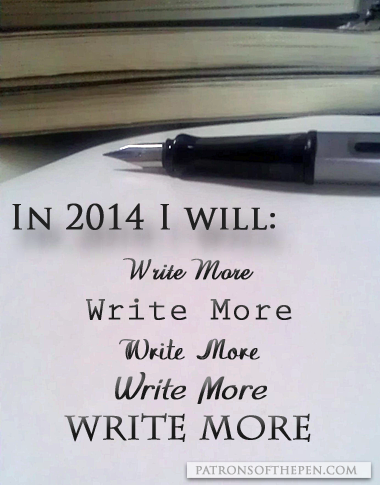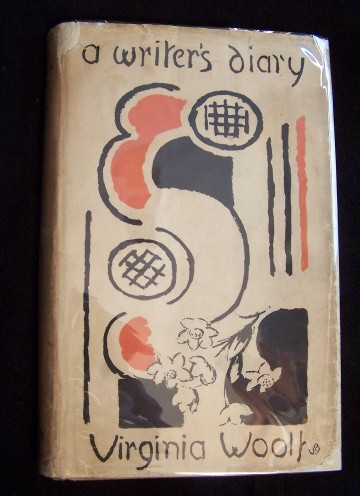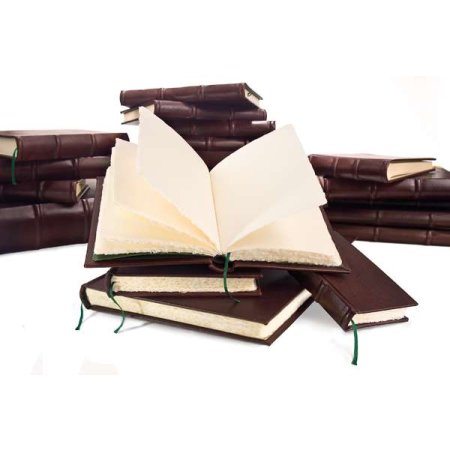 Setting a resolution to write daily — or even weekly, or monthly — for the New Year is an achievable and beneficial personal goal to set .
Setting a resolution to write daily — or even weekly, or monthly — for the New Year is an achievable and beneficial personal goal to set .
It doesn’t deprive you of food, it doesn’t require a membership anywhere, the cost is cheaper than a latte and it’s a fairly quiet agreement between you and yourself.
When people ask me how to get started, keep motivated and make writing a daily habit in their life I usually ask the following question to establish a starting point.
Do you enjoy writing by hand or do you prefer a keyboard?
Journaling By Hand: If you said you enjoy writing by hand, then grab a blank notebook, a pen and you’re all set. It doesn’t require anything fancy to start, however I will say that using a notebook or journal that you’ve personally picked because of it’s visual appeal to you will make the ritual more enjoyable. Same goes for a good pen.
When you use a notebook and a pen that appeals to your personal senses, the entire experience is enhanced…more enjoyable and something you’ll come to appreciate.
Journaling by Keyboard: If you said you prefer a keyboard, then you’ll need to consider the options available.
- You can write in Microsoft Office, or any writing program you have on your computer.
- You can buy a software program for computer journaling. That keeps things ‘offline’ and the ultimate in privacy.
- You can start a private (or not private) blog online. By using the (free) Blogger or WordPress platforms, it only takes a few minutes to have a basic blog up and going that’s ready to capture your words. Just remember to set it to private (or leave it public if you want to share your words) By using an online blog format, you get structure, you can add visual images that inspire and you can easily go back and revisit what you’ve written.
Perspective: Once you’ve decided on your preferred platform, it’s time to decide what perspective you’ll be writing in so you can establish a nature flow to your writing.
This is about establishing your natural writing voice — a comfort zone.
You can write as if you are writing to yourself.
For example:
Directly at myself: Dear Rebecca — Today you worked the majority of the day and accomplished quite a bit.
Indirectly to myself: Today I worked the majority of the day and feel like I accomplished quite a bit.
You can write to someone else.
For some people, writing to oneself doesn’t feel natural and find the words are hard to release. But when they feel like they are writing to someone (imaginary or otherwise) the words flow more naturally.
For example:
To an imaginary friend or…. : Dear Friend, Today I worked the majority of the day and I’m happy to tell you, I accomplished a lot.
Figure out your writing time of the day.
You’ll have to test this out when you are just getting started and I promise you’ll figure out pretty quickly when you prefer to do your writing. It could be first thing in the morning or over a lunch break. It could be after dinner or right before you go to bed. No time is better than an other, but rather it’s about figuring out when you are most likely to write AND enjoy it…
I’ve read that the best time of the day to write is when you first get up. Well for me personally, that doesn’t feel natural to me, nor is it enjoyable.
When you write in the mornings, you’ll generally be recapping your previous day. If that works for you and it feels comfortable, then go for it. I personally like to write in the evenings right before I go to bed. I get to recap my day and it feels most ‘current’ that way for me. Find that space in your day that feels just right for writing and you’ll look forward to it!
Writing as a Ritual.
Writing shouldn’t feel like a chore, but rather like a daily ritual that you set aside for your personal well being and enjoyment. There are no rules and no one (except maybe yourself) has set expectations on your writing quota or what you should write about.
It’s ok to write just 3 sentences or 3 pages. Go with whatever you’re feeling in the moment and your writing voice will feel authentic.
Make your writing time a ritual and bring more enjoyment to the experience. You can:
- Light a candle
- Make a cup of coffee or tea to drink while you write
- Put on some music that inspires you
- Seek out a spot in your house that is comfy to sit and write
- Find a journal you love to touch or a pen that flows just perfectly in your hand
Most of all, remember, when you write, you are becoming your own historian. Be detailed, note the date, write often and treasure the gift you are giving yourself.
For extra ideas & tips for writing a journal, feel free to visit: Writing a Personal Journal




Leave a Reply